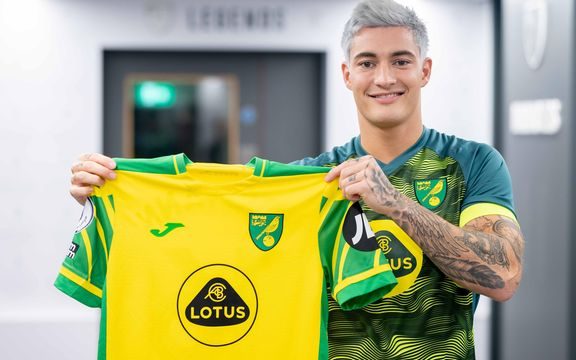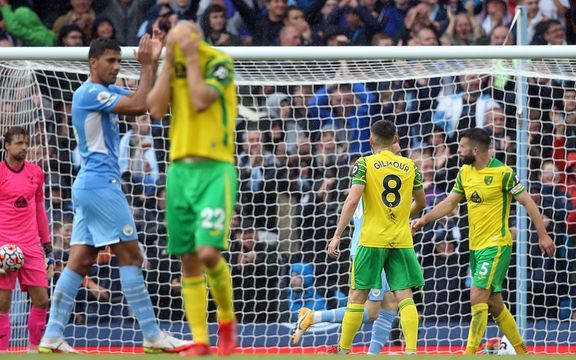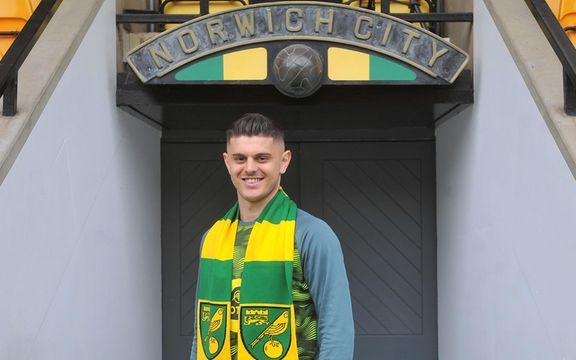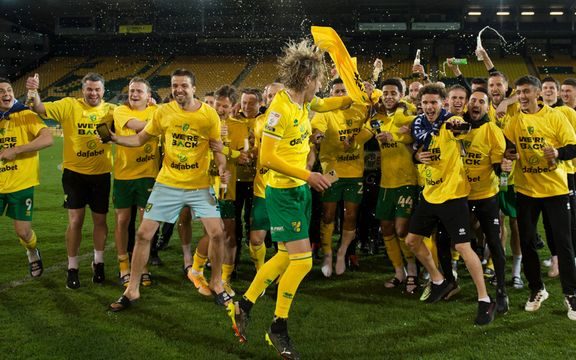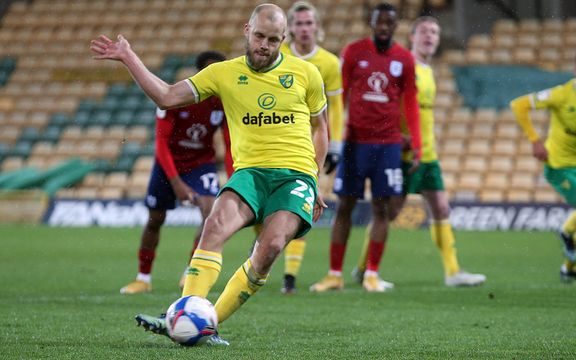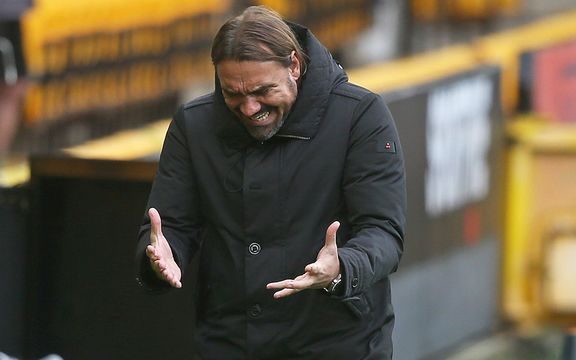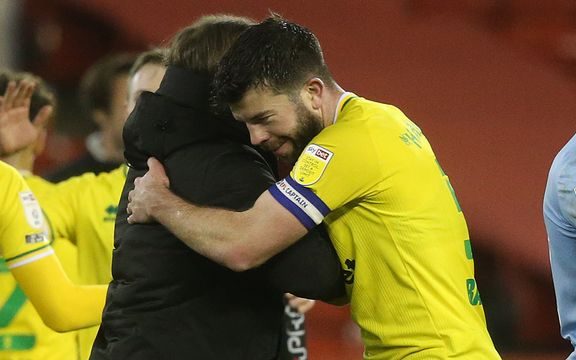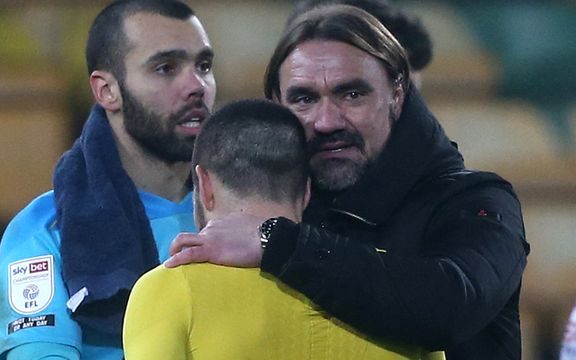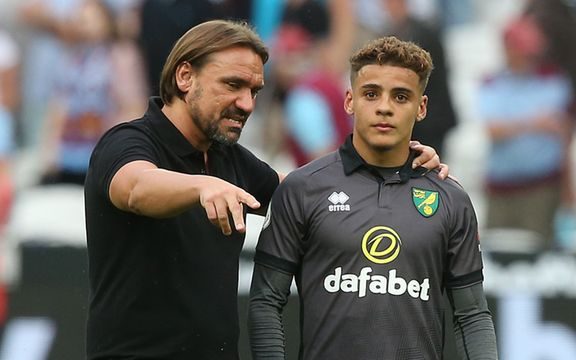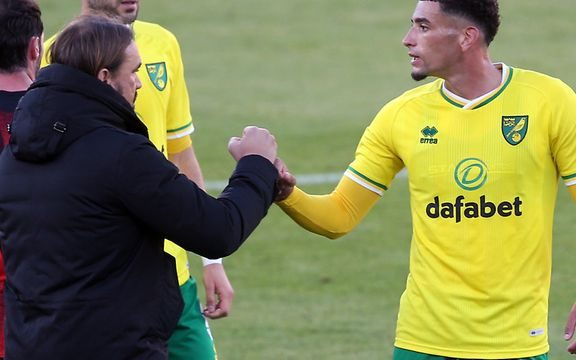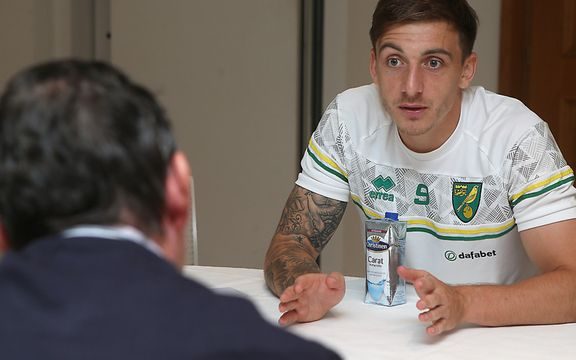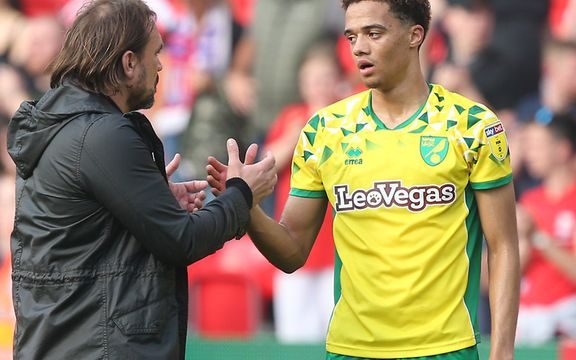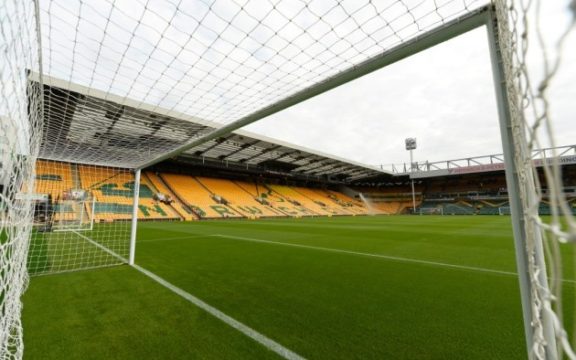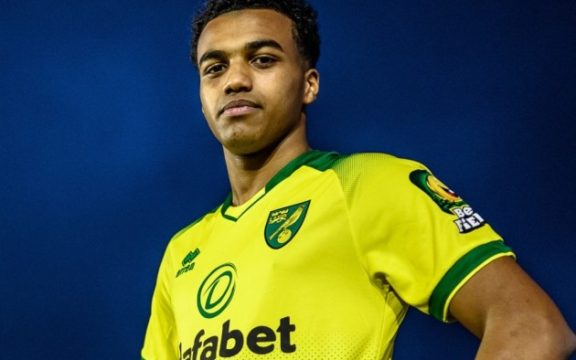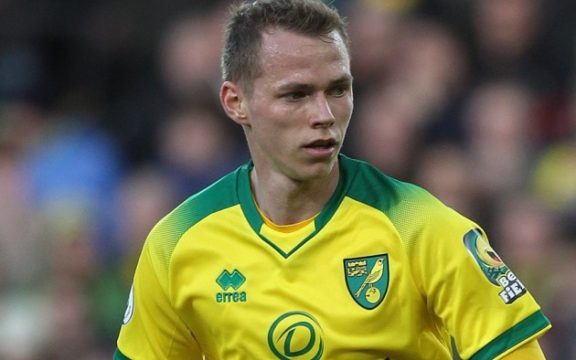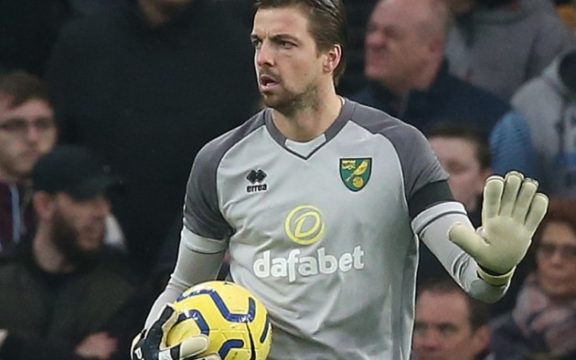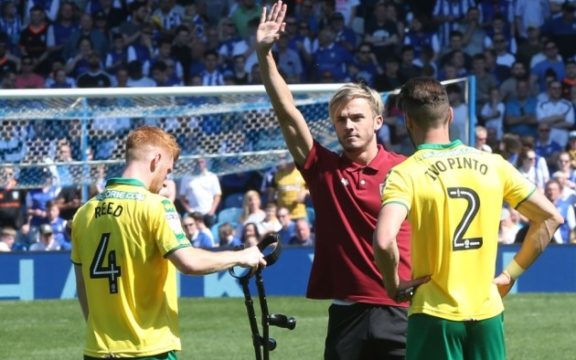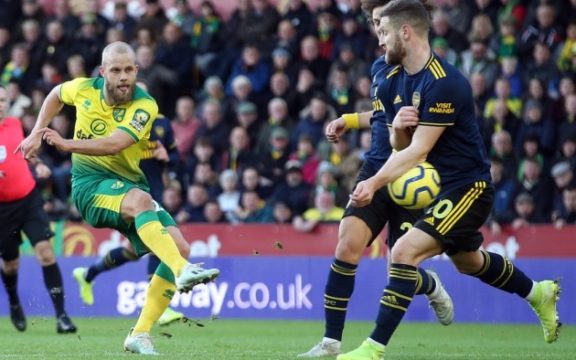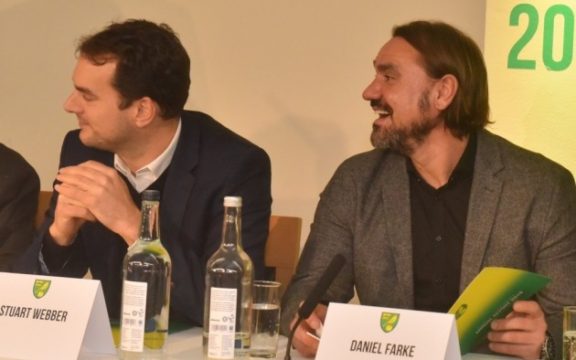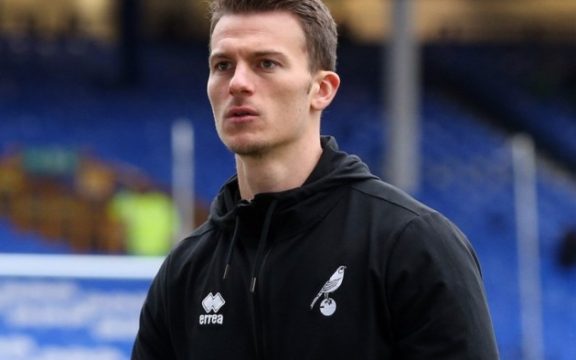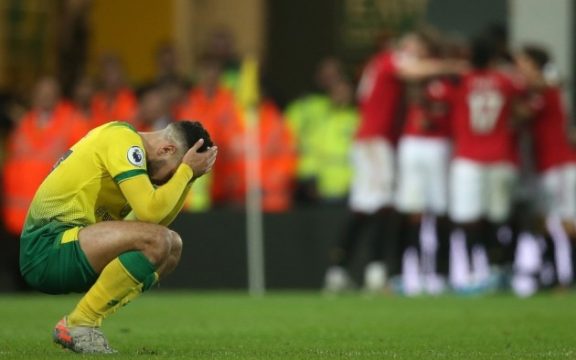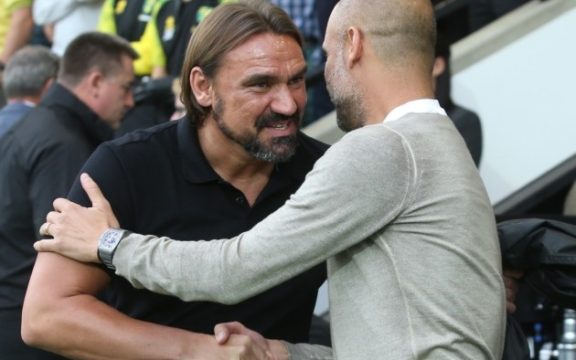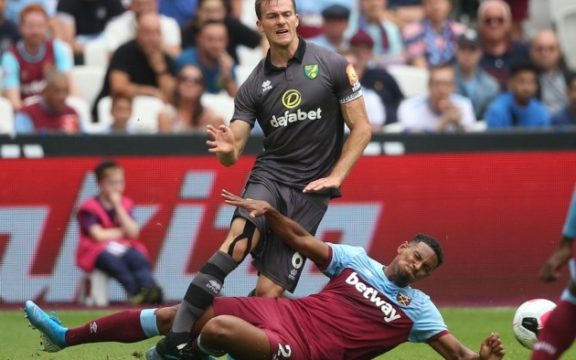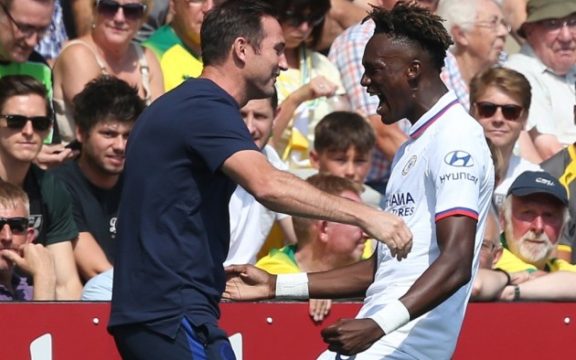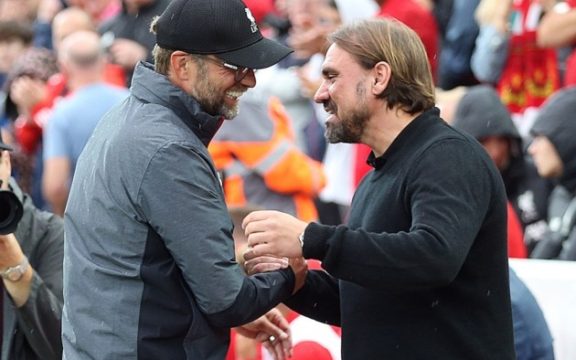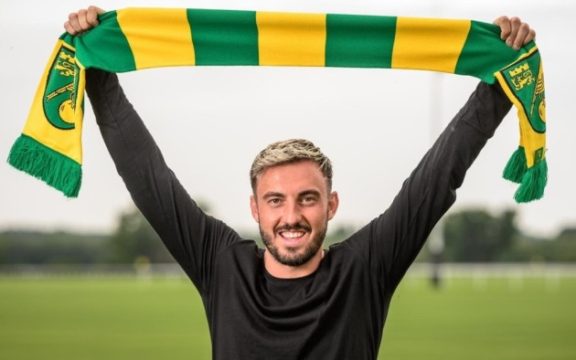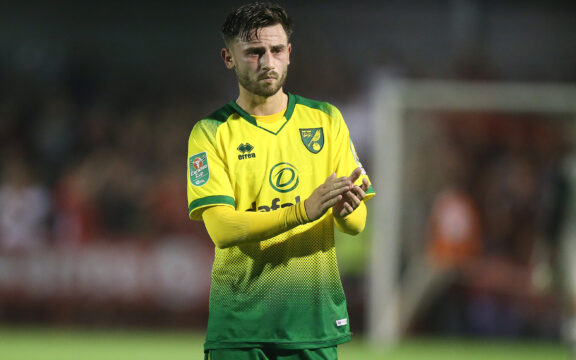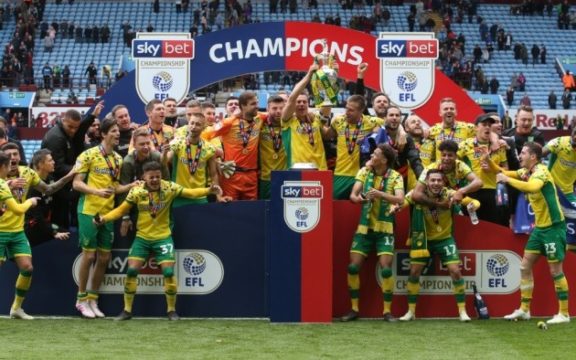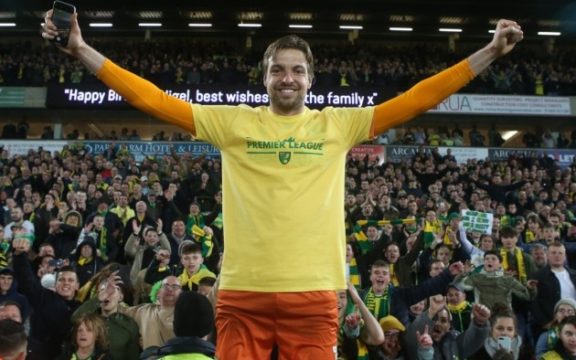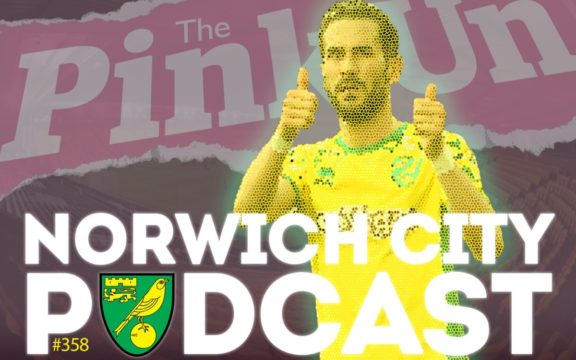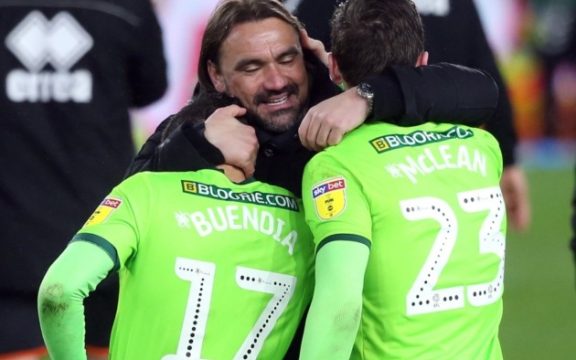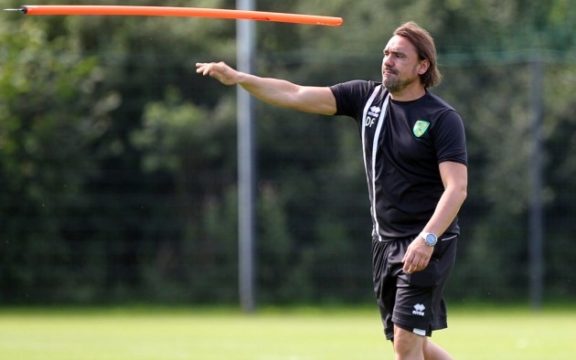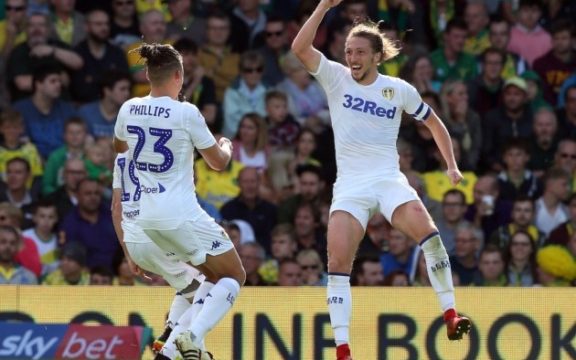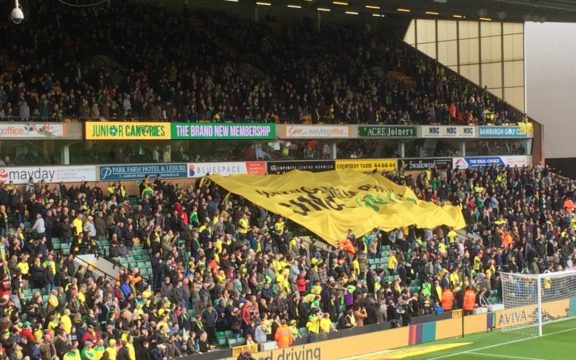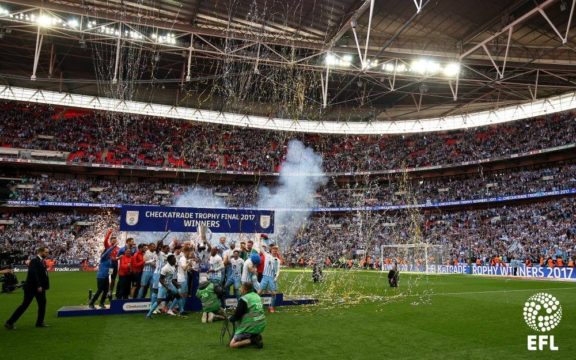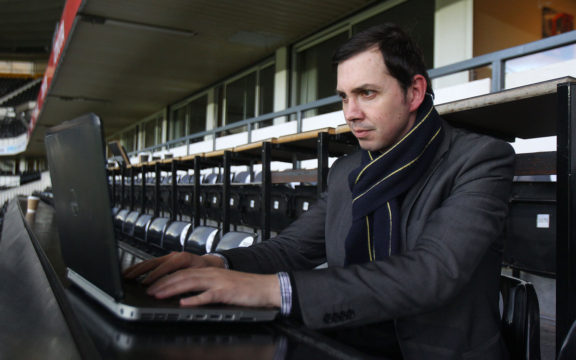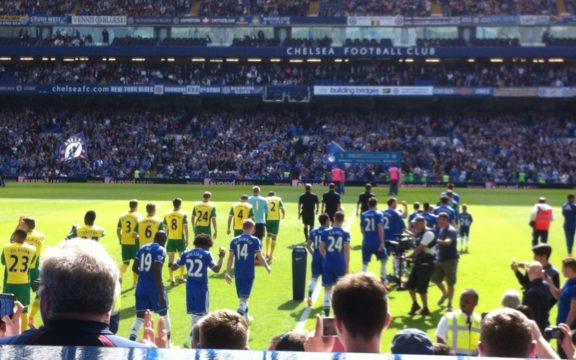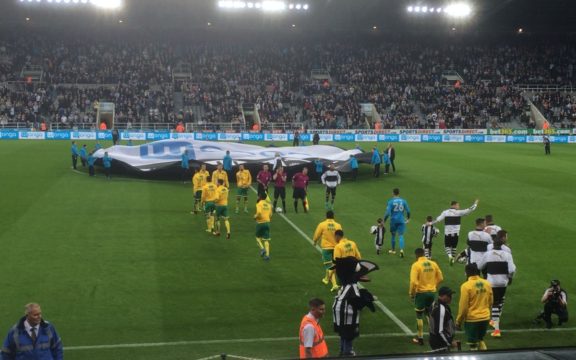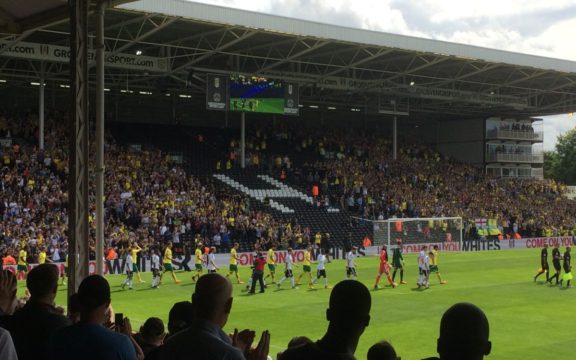Two promotions from the Championship. Two relegations from the Premier League. Life has not been dull since Stuart Webber arrived in 2017. But the sporting director still believes Norwich City can buck the trend.
Webber spoke to Michael Calvin in a wide-ranging interview for his Football People podcast.
Many now label Norwich City a ‘yo yo’ club. Is that a blessing or a curse?
Probably both. I am sure there are maybe 70 clubs who would swap places with us, to have two of the last three years in the Premier League. The biggest league in the world.
But it is also a curse as well and something we have to work very hard as a club to get back to the Premier League, firstly, then to stay there and to sustain ourselves at that level.
That is our work every day, that is all we are aiming to achieve. We are the ones in control of trying to get rid of that tag. But it is a curse.
As soon as we got promoted the last time we were written off, and it becomes a real tough noise to deal with and a tough psychology to get everyone’s head around that. But we are in control of that process.
We need to work differently, work smarter to achieve that ultimate objective.
How tough was that second Premier League relegation for you on a personal level?
Dealing with it is horrible. It is the closest thing to a death of a close family member. I know people will think that is a bit dramatic but when you work in this industry, when you do this, it means that much to you.
When people say it is only a game, it doesn’t matter, no, you dedicate your life to your craft and your industry.
When relegation happens, it is horrific. I can only talk about myself but you walk around feeling like you have let people down, people look at you differently.
I remember speaking to Eddie Jones about this and when he was coach of Australia and they lost the rugby World Cup to England he said he walked to the shops and people were looking at him as if he had killed someone. I had the same feeling.
I was walking through a car park at the stadium and people were almost avoiding me. Super tough but it makes you more resilient.
But once we get over, let’s call it that mourning stage, we then analyse why it happened, what did we learn from it and how do we get better.
One of our values as a club is growth, and we talk every year about how we can grow more. Did we grow more last year?
Yes, we did but not to the ultimate success we all wanted, which was to remain in the Premier League, but there were still some shoots we are going in the right direction.
Is it possible for Norwich City’s current model to achieve Premier League sustainability?
Our aim is to work out a way within our constraints, which are different to other clubs and some don’t like to hear that but it is a fact, but working out how we become even more successful in the Premier League in this model.
And not for one year, because you do a lot of damage staying for one year and getting relegated.
I always talk about Southampton as a great model and Burnley under Sean (Dyche) before it ran out for them. If you spoke to any of the bottom 10 in the Premier League at the start of every season their first objective is to try and stay up.
Those squads are only maybe two or three bad injuries from not being great. Or bad decisions from being relegated – signing the wrong player, selling the wrong player, the coach leaving.
People lose sight of how good the Premier League is. There is a reason why in the final stages of European club competitions English clubs are there. That is the outstanding quality of the league.
The quest for ‘marginal gains’, and why it is so important
We started a data and innovation department a year ago not to focus on the usual data routes, like how many kilometres does a player run, but can we look years ahead to the trends in the game.
Can we analyse, via data, players’ behaviour on the pitch which tells us is someone a leader or not?
Can we use data to analyse coaches, so when we talk about player development, what is the work being done to make players better?
These are things we need to be ahead of the curve. If we do the same things as every other club, with the greatest respect, we are maybe 30th in the country for our size.
We appointed a set piece coach this summer because we looked at it and we were probably 20 points short in the Premier League.
If you look at Brentford, they scored 16 goals from set pieces last season. We scored two. If we score another 10 goals that might have been 10 to 15 more points. If we could have scored 15 goals from set pieces, that is the equivalent of finding a £30m striker.
It is trying to think differently, maybe not better always, but you have to try.



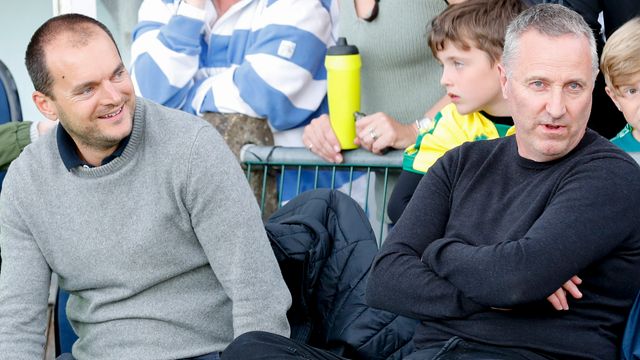
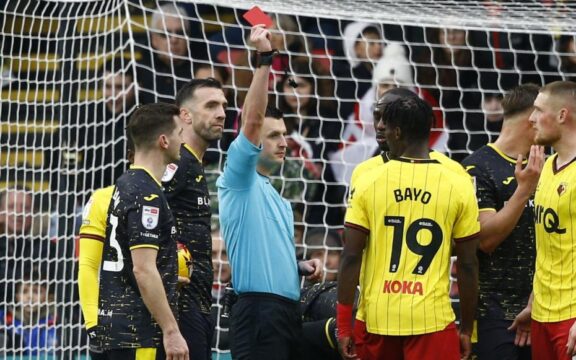
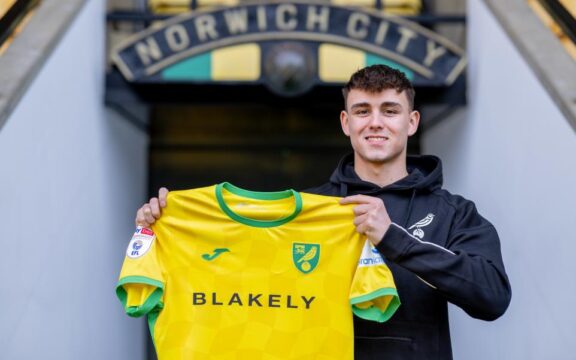
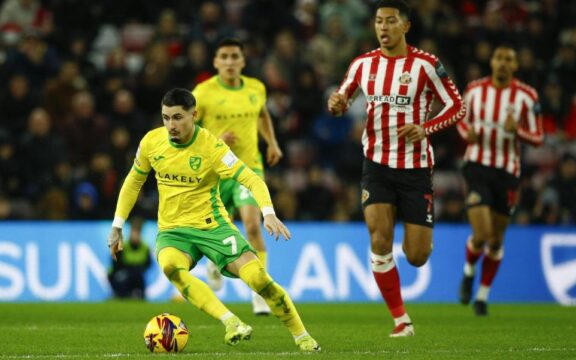
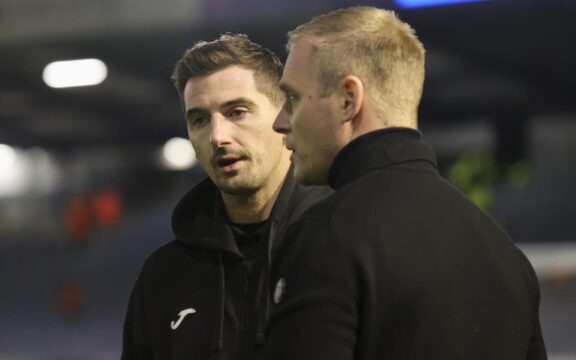
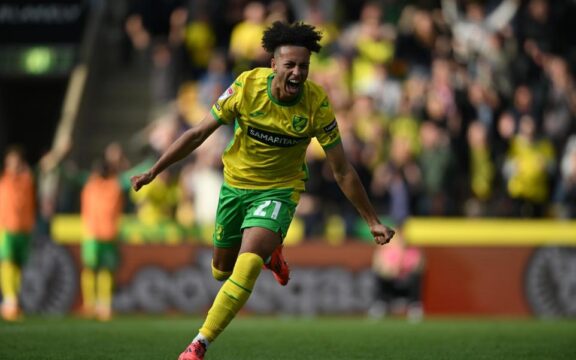
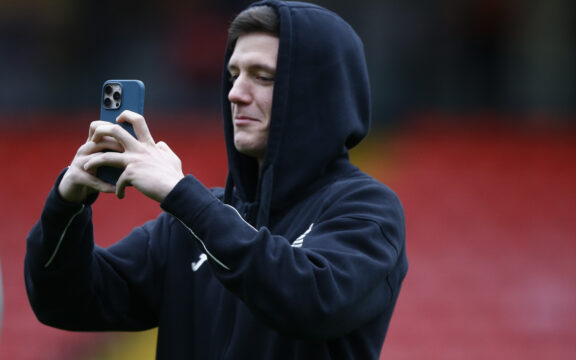
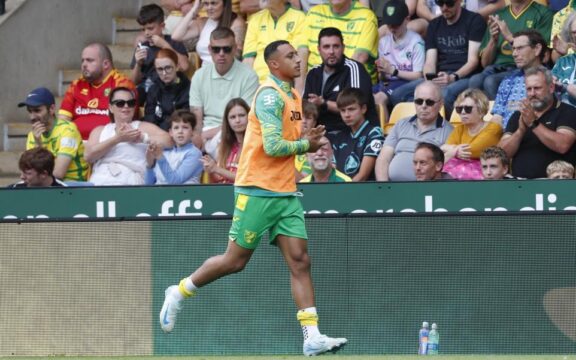
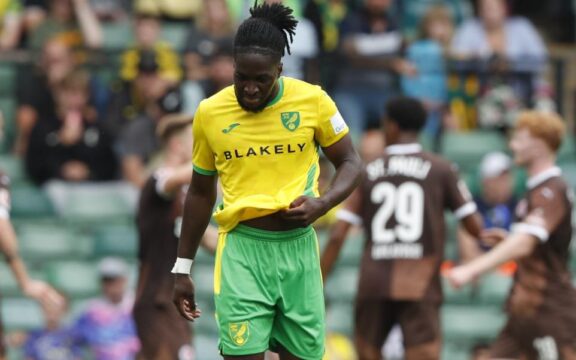
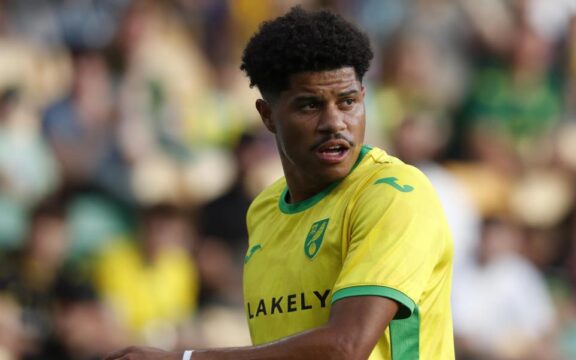
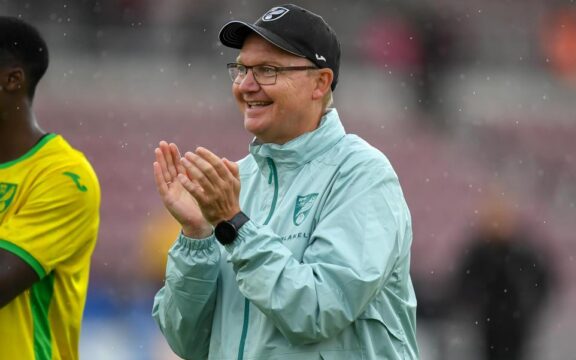
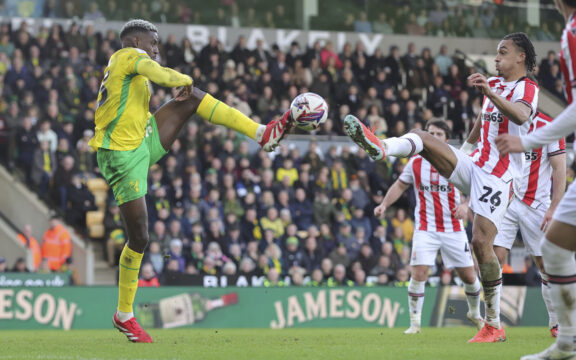
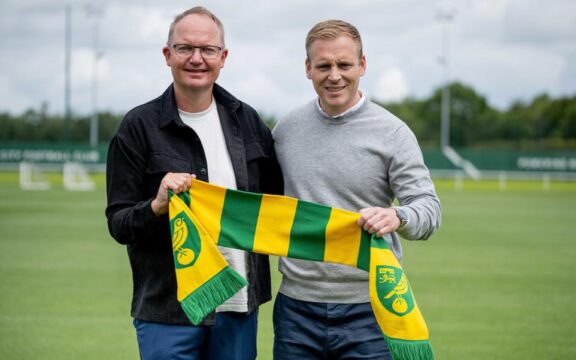
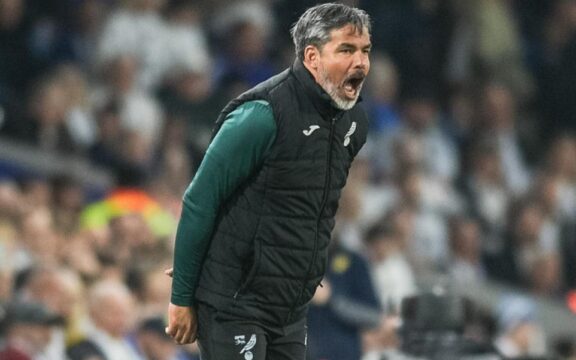
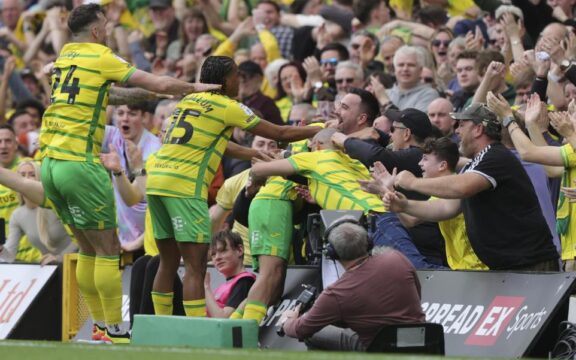
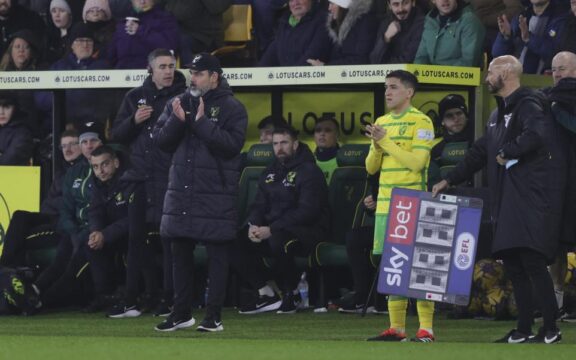
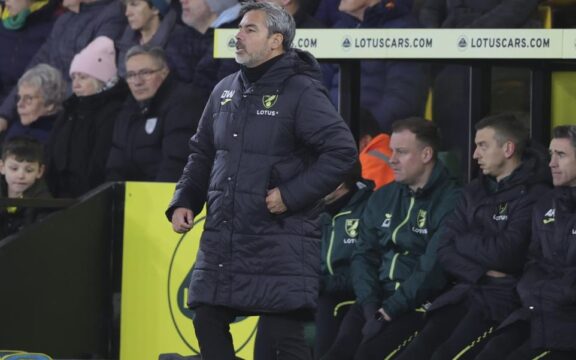
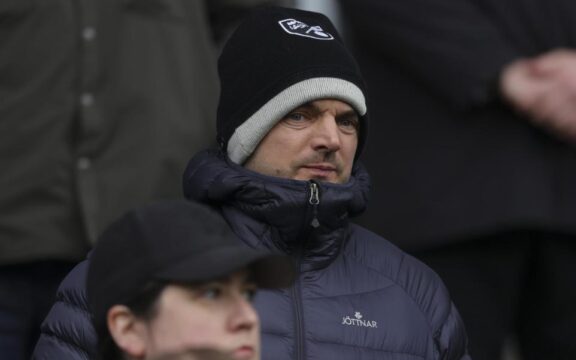


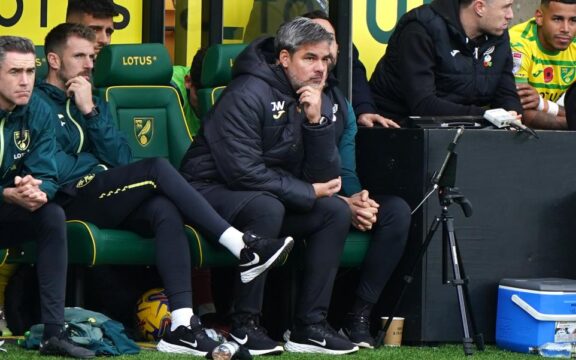
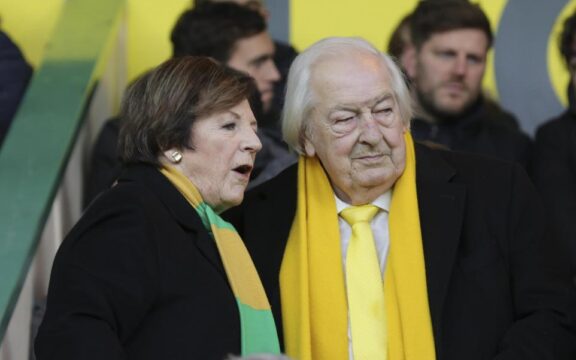

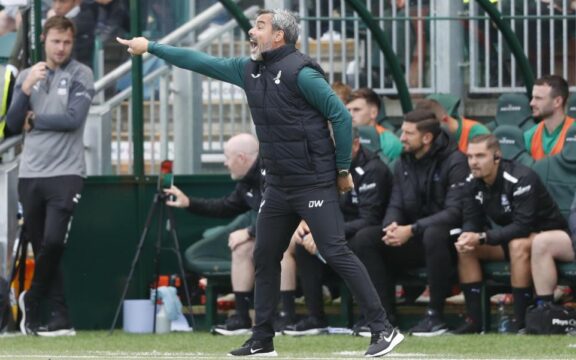
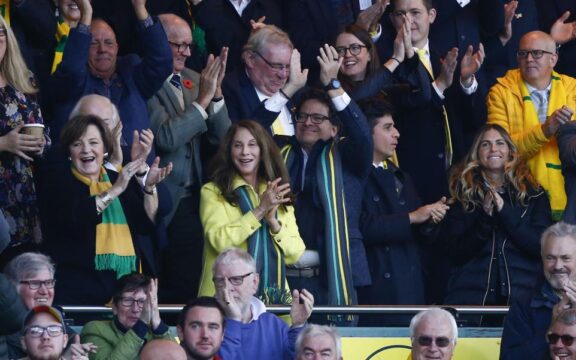
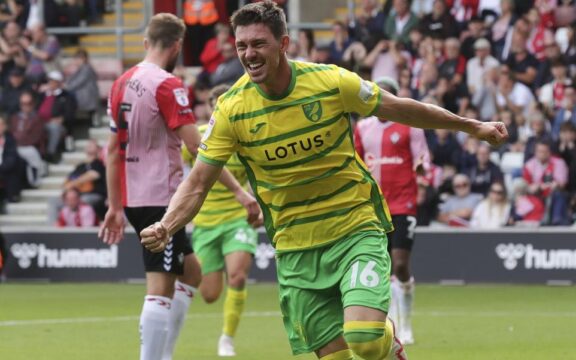
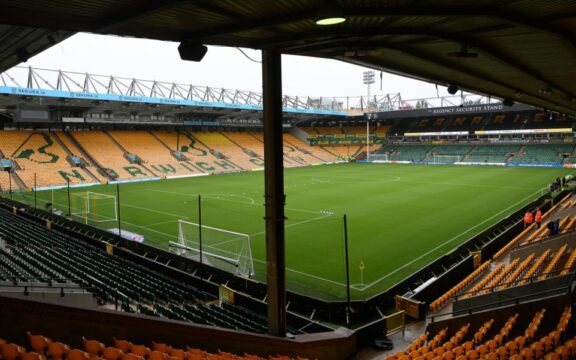
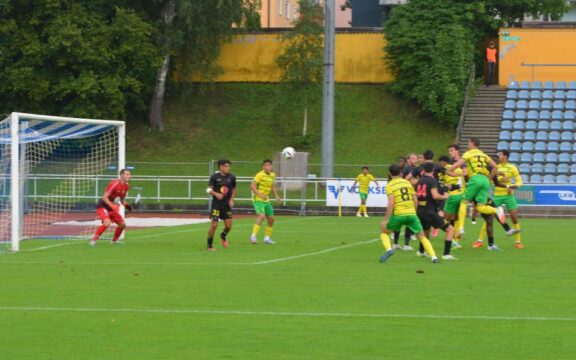
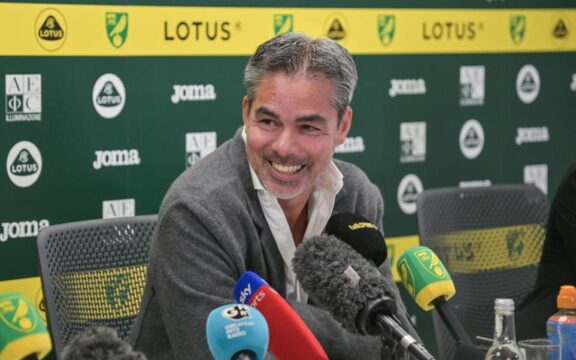
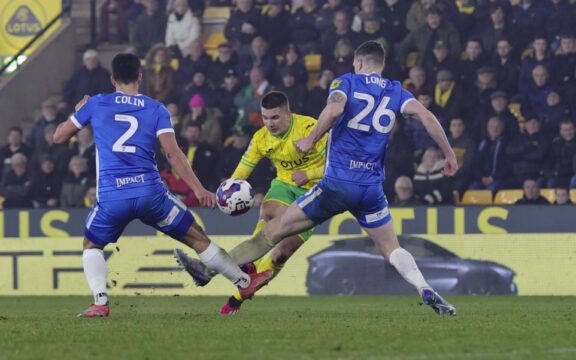
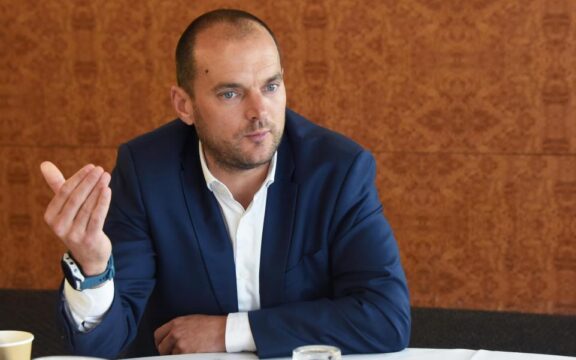

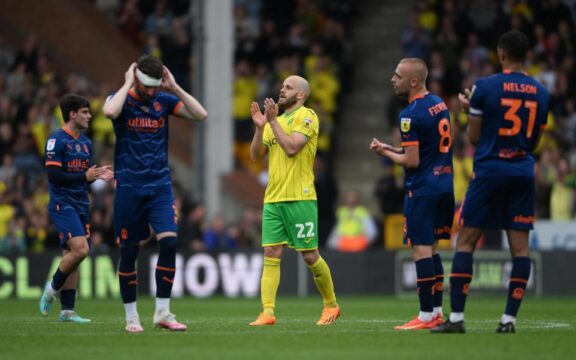

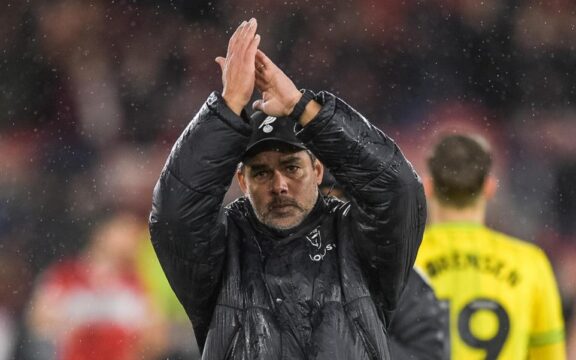
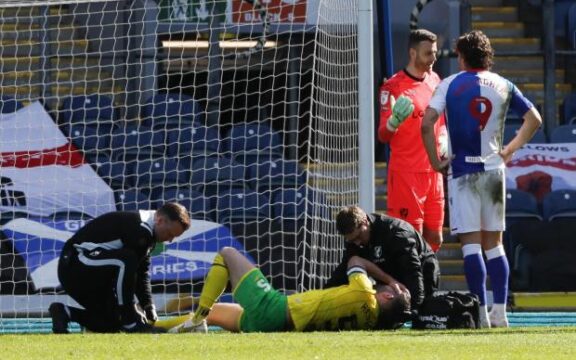

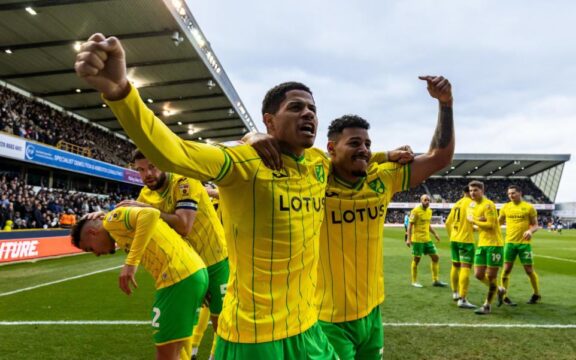
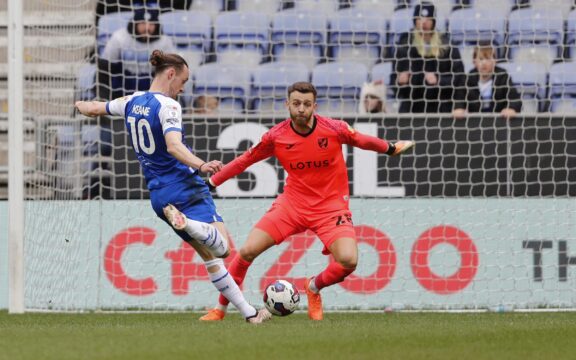
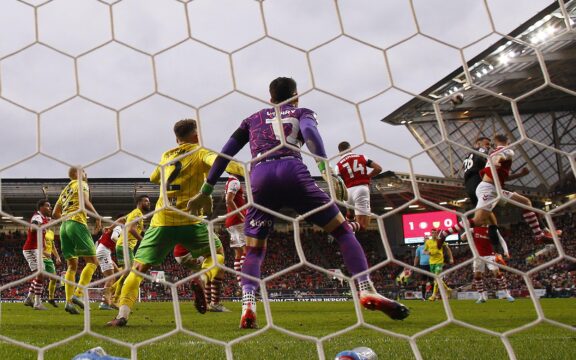

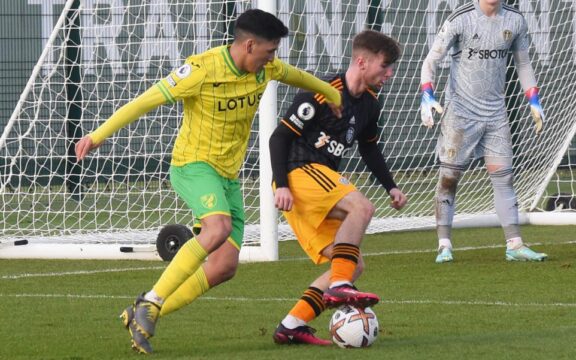

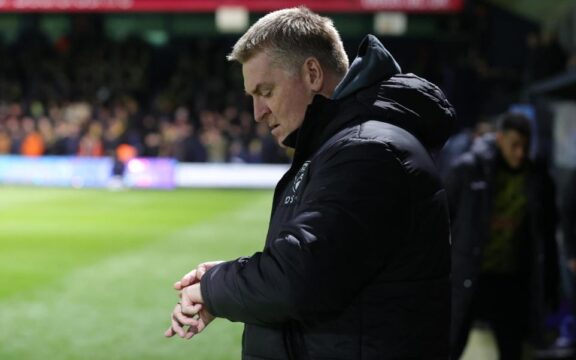
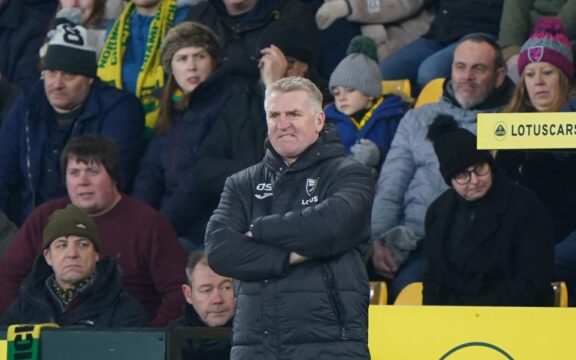

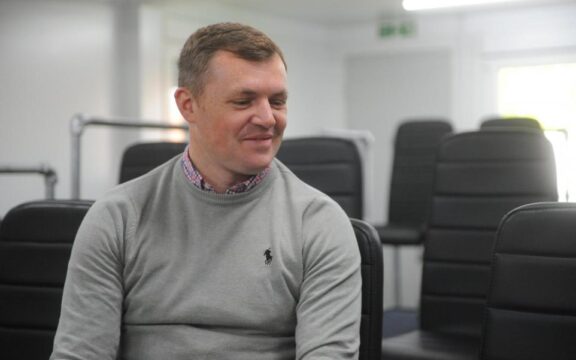
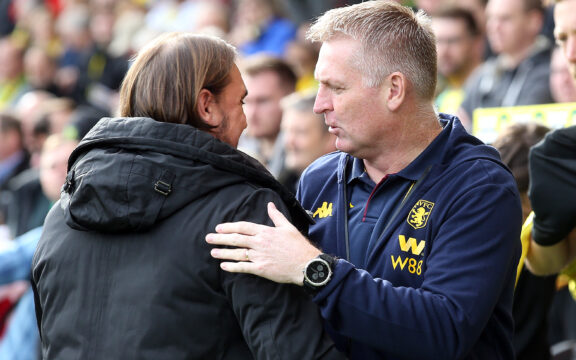
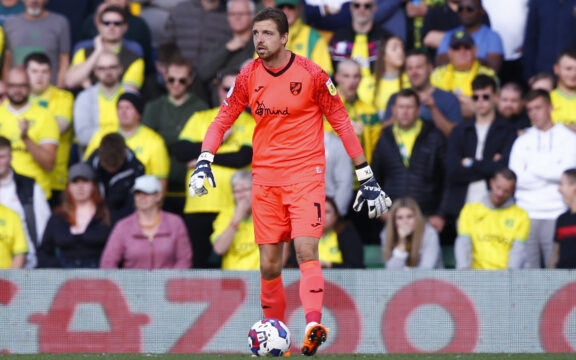
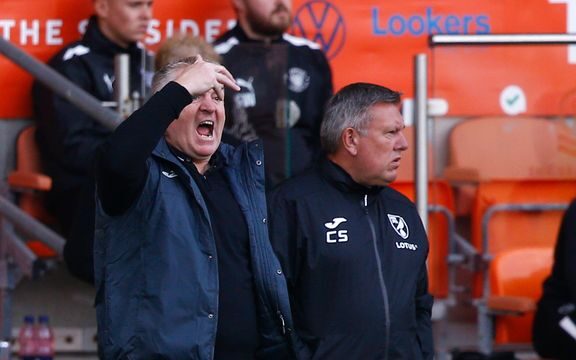
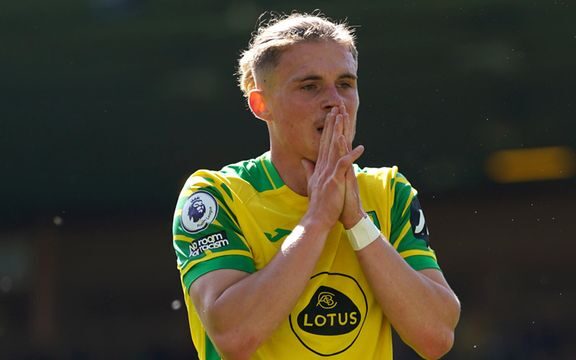
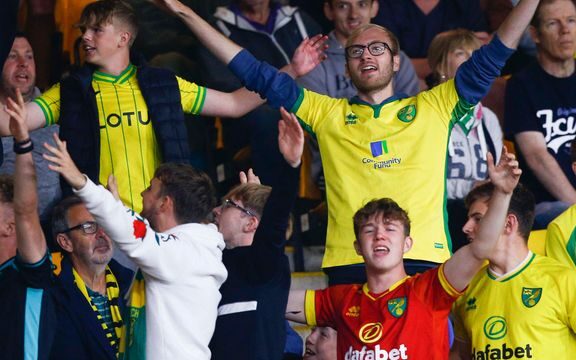
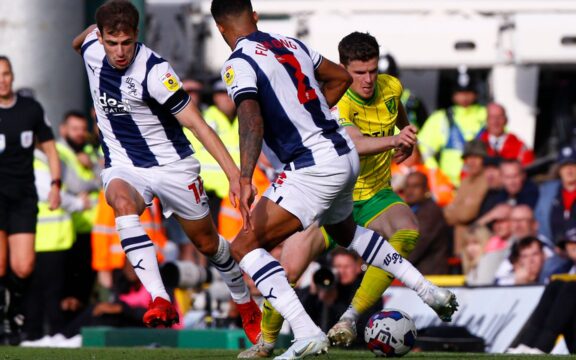

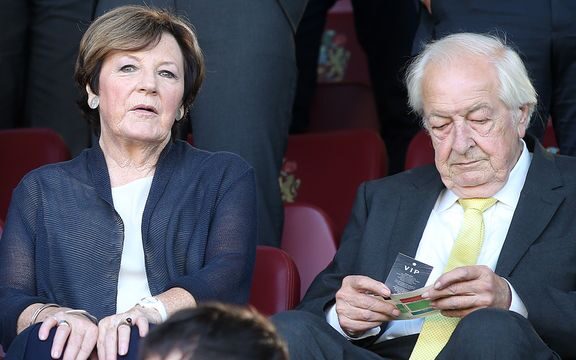
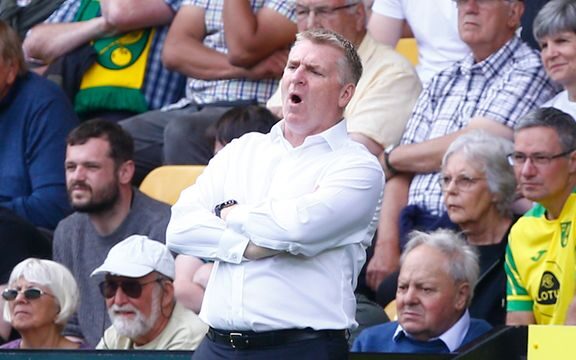

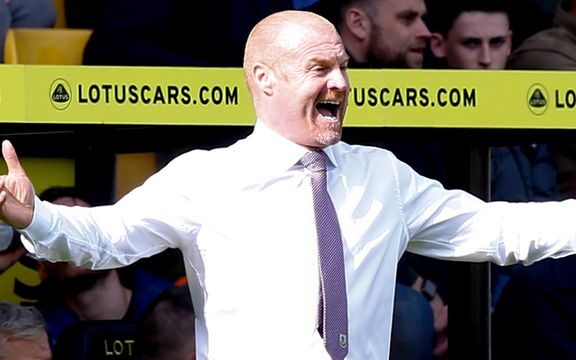
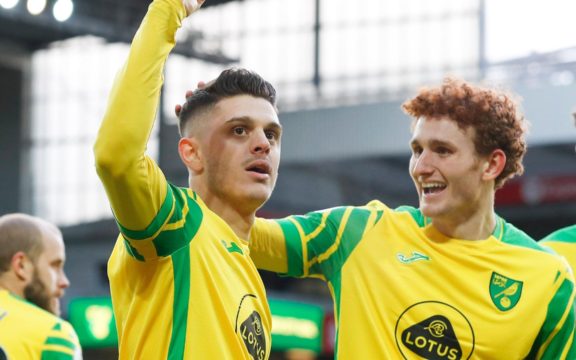

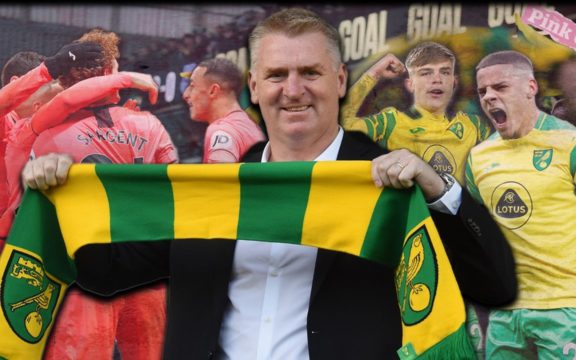


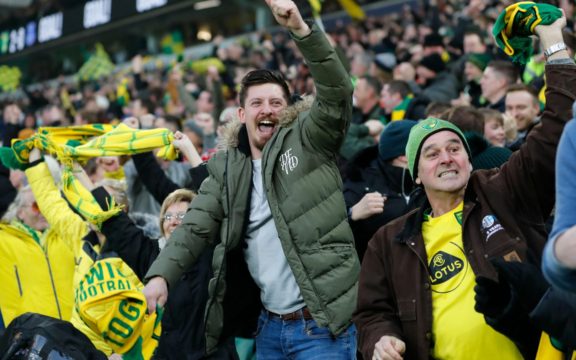
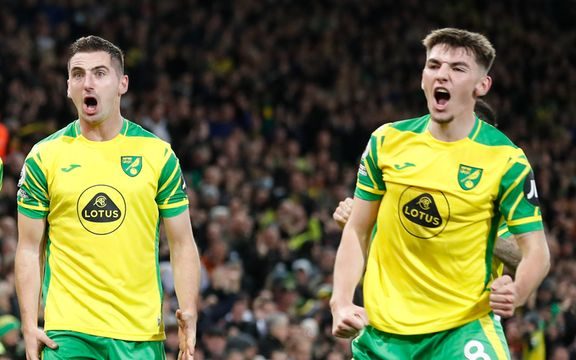
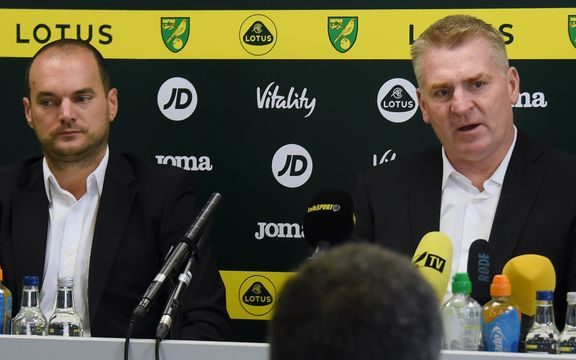
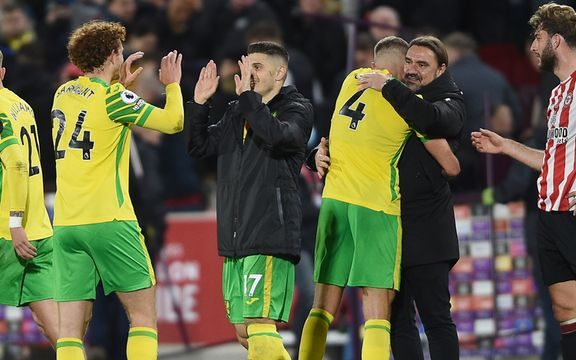
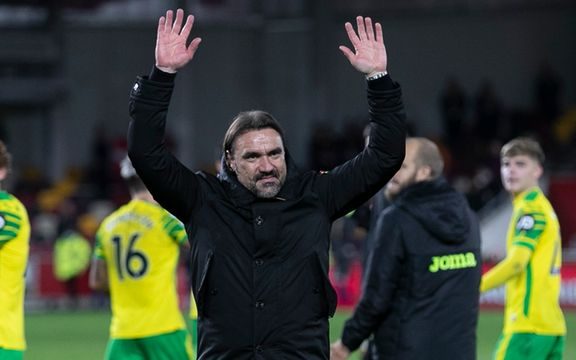

![Paddy’s Pointers: Five observations from City 0, Chelsea 7 [SEVEN]](https://pjdavittbooks.co.uk/wp-content/uploads/2022/01/chelsea-576x360.jpg)
